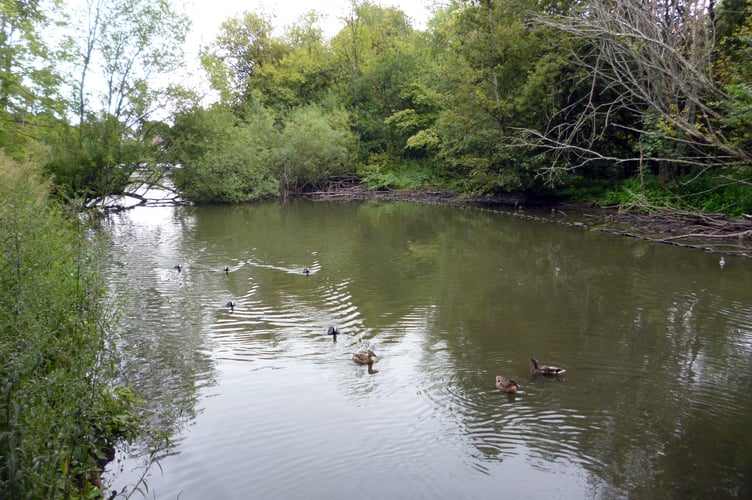Despite the consultation outcome seemingly showing a marginal majority for the plans to take Alton’s Kings Pond offline, campaigners are far from happy with the results.
An online petition to save the pond has since been launched, with signatures opposing the plans rapidly accumulating. Residents, some of whom were unaware of or unable to partake in the consultation, have been signing in the hope of halting the current proposals and there is no sign of opposition to the plans abating.
With the code of conduct and guidelines for local government clear that councils must represent the best interests of the area and views of local people, this petition is far from fruitless. There is no rule stating that such views shall only be considered if part of a consultation – as such those opposing the changes are encouraged to sign so as voices are heard.
With only a small majority and inadequate controls in place on the Survey Monkey platform to prevent multiple entries or to ensure the integrity of the process to act as a de facto referendum on the pond's future, the results are insufficient to act as a mandate to act – especially where many feel that this is not the right way forward. There is also no clear evidence that a majority exists in favour of change, given that the council are in possession of a 300-name petition gathered by another local resident which on its own outnumbers those supporting the proposals.
There are simply too many issues and variables at this stage to progress with any plans. Campaigners are therefore calling on the council to abandon the Aquamaintain proposals and instead take a step back to fully assess issues in an unbiased manner and consider a wider array of solutions which can then be discussed with resident groups so as we can find something which works for everyone.
A solid management plan needs to be the foundation stone for the future of the pond. The proposals produced were the cheapest option available and written by a company with insufficient qualifications, local knowledge or experience to complete the work to the required standard. While this has come at a cost, we simply need to accept that it was an expensive mistake, but nothing on the scale of what is to come if the council persist with their desire to force through these changes.
The proposals as they stand do not address the cause of the problems. Pictures and an article from a rivers specialist show dirt and debris washing down Brick Kiln Lane straight into the River Wey - thus contributing towards the silt build-up in Kings Pond. It also notes dishwashers connected to the wrong drains flowing into the river. Taking the pond offline doesn’t resolve these issues - we should be first working at source to address the ingress of pollutants and nutrients into the water before it reaches the pond.
As Cllr Paula Langley highlighted in her BBC interview, questions about the impact to wildlife simply haven’t been answered. These do not fall for a feasibility study to ascertain - this is information which should have been provided in the first instance as part of the management plan or as a precursor to it. Dredging is highly invasive and disruptive for wildlife but the proposals will be just as problematic, if not more given the drastic alteration which is also being made to the wider habitat and food chain.
There is also evidence from CALA, the developer on the old Molson Coors brewery grounds, suggesting that a silt trap was to be included on site which would then limit the amount of silt reaching the pond. It is unclear what the current status of these proposals are, however this was an option which was neither explored in the proposals or offered in the consultation, yet could be hugely beneficial for water quality in the River Wey by significantly reducing silt build-up at Kings Pond.
Furthermore the need for such drastic works simply hasn’t been proven. While the council suggest the water quality is very poor, this has not been sufficiently evidenced. In fact, an AVLAN-led group reported on social media “masses of freshwater shrimp” among other finds at the Lamports - where the river leaves the pond - suggesting the water quality isn’t that poor.
It goes without saying that the pond and river can and should benefit from some works to further improve the habitat. However the argument being made is that the changes need not be as drastic as those proposed nor necessitate the destruction of the pond. Moderate alternatives addressing ingress at source, repairing banks, the use of a silt trap and planting to aid filtration of the water are among small, achievable and much more cost-effective options for water health which were not consulted on.
Those who wish to save the pond are urged to sign the petition by visiting www.savekingspond.co.uk, which will direct you to the change.org survey which is in place. Please consider sharing this with others who you believe may also feel the same way.




